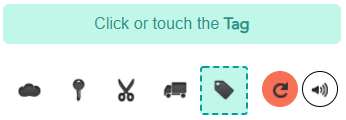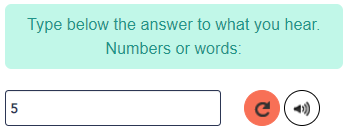Compare Liquor Liability Insurance Rates
Learn more about the factors that dictate your liquor liability insurance rates, compare top insurers, and save.
 Your information is secure.
Your information is secure. Liquor Liability Insurance

What is an Liquor Liability?
Liquor liability insurance provides coverage for legal fees, settlements, and medical costs if alcohol is sold to an intoxicated person who then harms others or damages property.
When do businesses need liquor liability insurance?
Most states require every business that sells or serves alcohol to carry liquor liability insurance. Your general liability policy likely excludes alcohol-related liability – that’s why you may need liquor liability in addition to other policies. Securing this policy may be a requirement for obtaining a liquor license or a commercial lease. Even when it’s not required, a business owner might purchase it to gain protection against the actions of intoxicated customers.
Businesses that may need liquor liability insurance include:
- Bars
- Breweries
- Catering businesses
- Convenience stores
- Food trucks
- Food vendors
- Grocery stores
- Liquor stores
- Restaurants
- Wineries
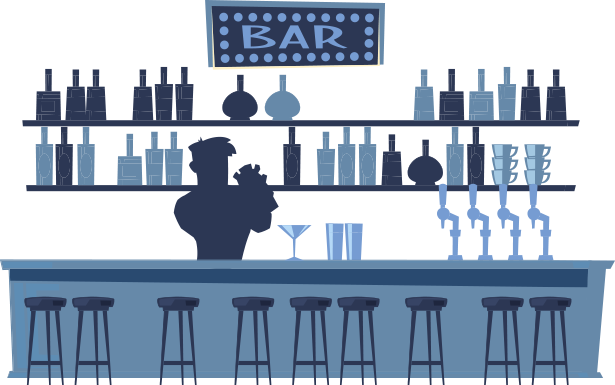


If your small business serves alcohol at a company function, you are exposed to the same risks as a business that sells alcohol. Host liquor liability insurance covers corporate functions, fundraisers, and other events where alcohol is served.
Businesses in states with dram shop laws also need this policy
Liquor liability is crucial in states with dram shop laws, which place the blame for actions by intoxicated individuals on the establishment that served them. That means you could end up footing the bill for property damage, medical expenses, and costs related to a lawsuit.
For a bar, the median annual premium for liquor liability insurance is slightly more than $2,000. However, a restaurant typically pays less than $600 a year. The cost depends on:
- Industry and risk
- Coverage limits
- Location
- Percentage of sales from alcohol
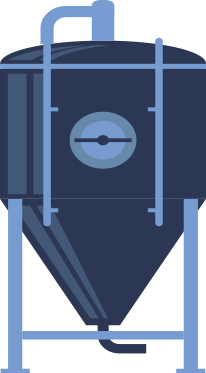
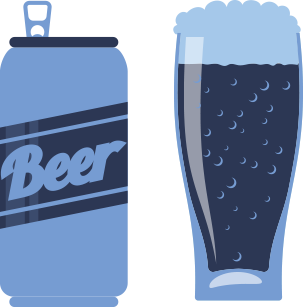
Dram shop laws in your state
The majority of states have dram shop laws that hold businesses liable for the actions of individuals who become intoxicated at their establishment.
What is a dram shop law?
The term “dram shop” refers back to when bars sold alcohol by the dram, a small serving typically less than a U.S. shot of liquor. A dram shop law is a state liquor law that places the blame for damages caused by intoxicated individuals on the establishment that served them.
In a state with dram shop laws, a business could have to pay damages for a drunk patron who gets into a fight with another customer, damages someone else’s property, or gets into a car accident – even if the incident happens elsewhere.
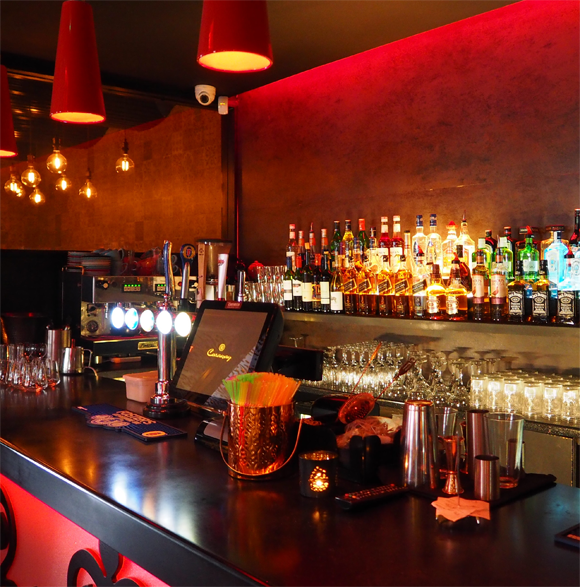
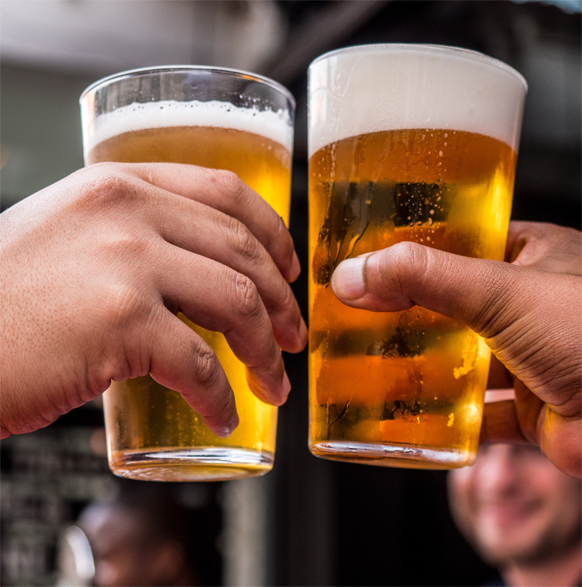
When do dram shop laws go into effect?
In most states with dram shop laws, your business is held liable when you serve a visibly intoxicated person. However, the law varies from state to state.
Because each state makes its own laws, and because these laws change over time, it’s important to research current dram shop laws in your state.
Examples of dram shop laws:
Arizona
In Arizona, a business owner could be held liable if an employee sold alcohol to an individual who was obviously intoxicated or a minor.

California
In California, a business owner can only be held liable if an employee served an obviously intoxicated minor.

Florida
In Florida, a business owner cannot be held liable unless an employee served alcohol to a minor or a habitually addicted drinker.

Illinois
In Illinois, a business owner can be held liable for any injuries or damages caused by an intoxicated individual who was served at the business.

The following states do not have dram shop laws:
- Delaware
- Nevada
- Kansas
- South Dakota
- Maryland
- Virginia
Do businesses in states without dram shop laws need liquor liability insurance?
Even in states without dram shop laws, anyone can file a lawsuit and take you to court over the actions of an intoxicated customer. Though the judge may be more likely to rule in your favor, you’ll still have to pay court costs and other legal fees. That’s why liquor liability insurance offers critical protection for any business that sells or serves alcohol.
What does liquor liability insurance cover?
If your business sells or serves alcohol to a visibly intoxicated person who then causes injury or damages, liquor liability insurance can pay for legal fees, settlements, and medical costs.
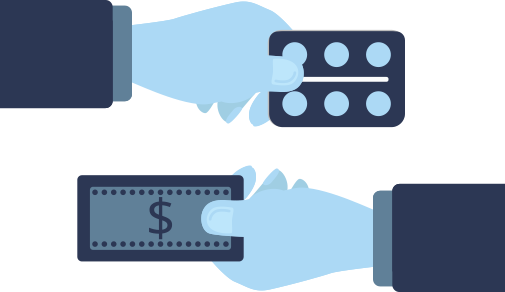
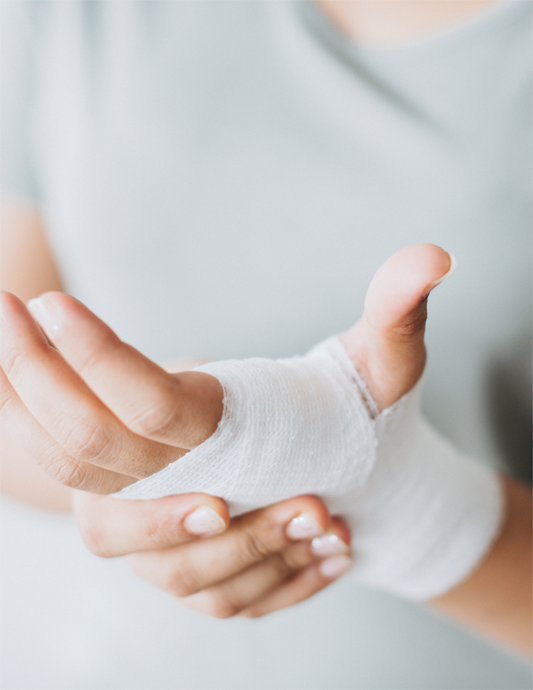
Additional claims, such as assault and battery
Third-party bodily injury
If a patron who became intoxicated at your business injures another person, liquor liability insurance can help pay for immediate medical expenses or legal expenses if the injured person sues your business.
Third-party property damage
Liquor liability insurance can cover the cost of repairing or replacing another person’s property that was damaged by an individual who became intoxicated at your business
Legal costs
If a lawsuit is filed over an incident related to an overserved patron, liquor liability insurance can help cover:
Court costs
Attorney’s fees
Settlements

Additional claims, such as assault and battery
Liquor liability insurance can be tailored to fit your business. A bar owner may wish to add assault and battery coverage to protect against claims that a bouncer injured a customer, or to secure coverage against employees drinking on the job. You can also secure coverage for specific incidents of violence, claims of mental damages, and more.
Different policies have different coverage limits, so you can choose an appropriate extent of coverage for your business, too.

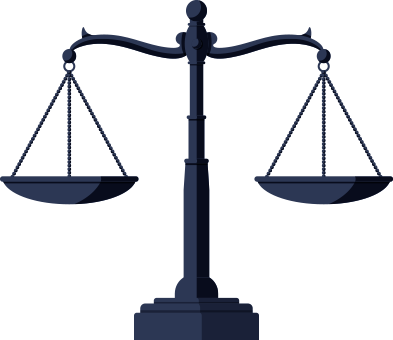
How much does liquor liability insurance cost?
That is a little tricky you see what you sell helps determine the cost, let us explain: The cost of liquor liability insurance is influenced by what percentage of your sales are made from alcohol. The cost goes up for businesses with a higher percentage of alcohol sales. That means bars pay more for liquor liability insurance than restaurants, grocery stores, and other businesses that sell food and other items as well.
















